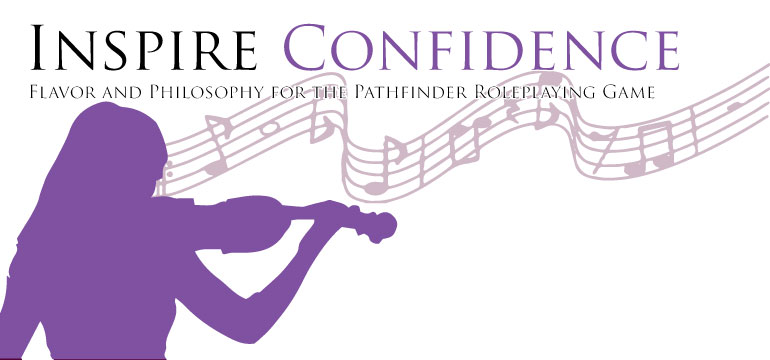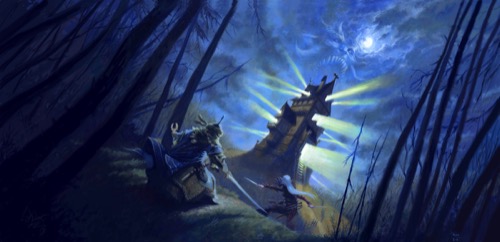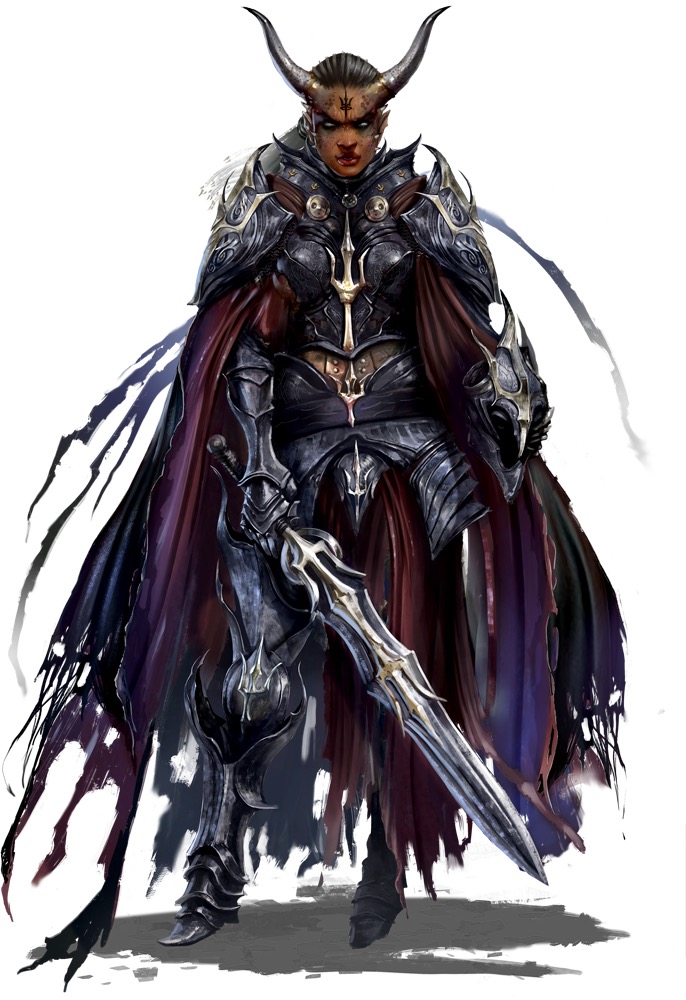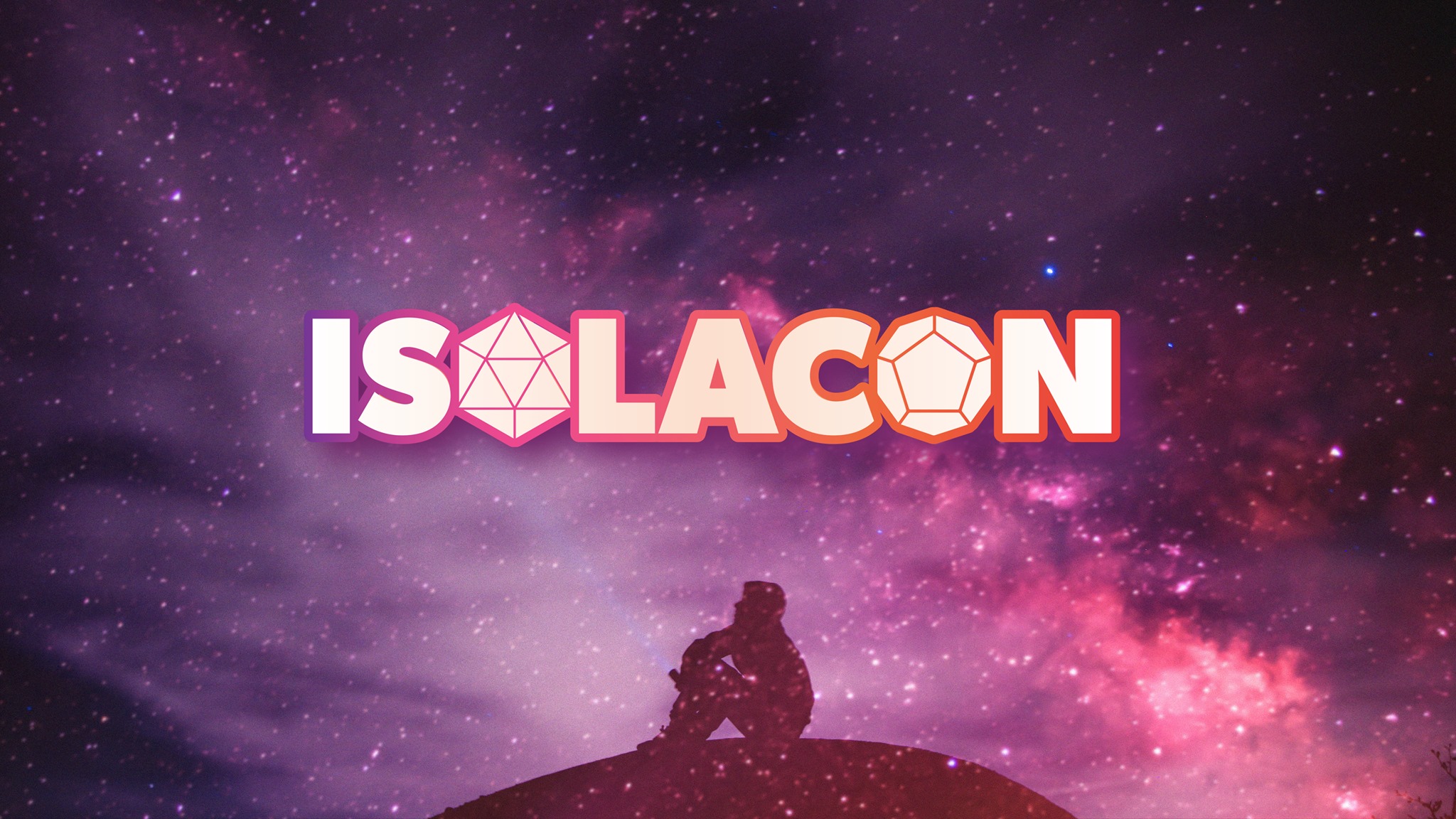For the last 9 years Pathfinder fans have gathered in Seattle to play, celebrate, and commune. I had the extreme pleasure of attending the convention, playing in some games, and sitting in a packed ball room for the Paizo Preview Banquet to see what the next year would offer. When Jason Bulmahn took the podium to reveal more information about the soon to be released Horror Adventures. Jason talked about Cthulhu, body horror, new character classes – like the Serial Killer, new haunt rules, on and on, making me increasingly uncomfortable with the jokes and laughter. Then he said the magic words “with player consent”. It stopped me in my tracks. Paizo called out that Horror Adventures was truly adult themed and that no one should go into that dark realm without full disclosure and adult consent. This wasn’t a joke to the development team, this was serious stuff.
As someone who loves to have her socks scared off, I still lay awake in the dark wondering what is out there beyond my vision and kicking myself for making bad personal decisions. I know I can’t be the only person who worries about what goes bump in the night. The news is filled with people going through horrible things that make our worst nightmares look like stand-up comedy routines. The real world can be a dark and terrible place that our fellow gamers have lived through, we come to gaming to escape. Which brings me to the topic of this blog – consent.
CONSENT
Consent has become a big word lately and rightfully so. Consent is when two or more people make an informed decision to engage in a specific activity. That activity might be sexual in nature or it could be medical procedure or in this case a gaming situation. Consent is especially important when there are individuals of varying levels of relationship power involved in a situation – such as a GM and players. The GM guides the game holding more power while the players are somewhat powerless to make big sweeping changes to the setting and situation. There is implied consent given when a player sits down at a table and pulls out their character sheet and dice, they have consented to play a game. Not all games are the same though – is this a long running game, is this a one off pick-up game, is this a convention event game, or demo game? Different answers are going to mean different types of consent. Depending on the answer to the question, the only consent might just be a player saying “I’m here, let’s get started”. So let’s look at what consent looks like.
As mentioned before consent is an informed decision to engage in a specific activity. This means that both the GM and every player must know with detail what it is that they are signing on for when coming to the table for a game of an adult/mature nature and verbally consent or agree to participate. Individuals who do not verbally agree to the situation have the option of not participating or if this is a long standing group, the group should consider choosing another genre to game in, rather than excluding a long standing member of the party.
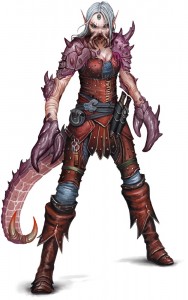
For some games the subject matter of the game is well advertised in an event catalogue or game store bulletin board, but not all games come with such preamble. The weekly group that has been meeting for months or even years may come to the end of one adventure then start another, working their way through all published APs or they may be playing home brewed picking elements from the latest Paizo or 3PP books. It’s easy to forget to ask permission to bring a new genre to the table, as the GM you may believe you know your players well, but please stop and consider the people behind the character sheets. Especially for long standing groups consent is something easily overlooked or assumed – Bob comes to game every week, so clearly Bob wants to play in this game and he’s a really good player who knows this is just a game, he won’t be weirded out by his character’s loss of agency when we play this scenario. That is not a good assumption to make. No player is ever going to sit down at a gaming table and tell you “I can’t stand spiders, heights, or the possibility of being buried alive” and yet most of us have something that makes us wiggle in our seats just briefly thinking about it.
Each of us carries baggage from our real lives, I was going to put some examples in here, but they made me uncomfortable so I removed them. You have something you don’t want to think about, I have something I don’t want to think about, something that has left each of us wounded and vulnerable. When we collectively sit down at the gaming table, we don’t want to go to those dark places in our memories. Horror taps into that visceral place and it can make an experience at the gaming table quickly shift from “we’re heroes restoring order and helping others” to “I have to get out of this place and protect myself.” This is not the goal of roleplaying, but it could be, this is where consent becomes imperative. Horror can be fun and being scared, overcoming the fear, and rising triumphant is exhilarating, having a panic attack and needing to find a new gaming group is horrible. Consent is what gives us the first and hopefully keeps the second from being an issue.
HOW TO GET CONSENT
How to ask for gaming consent – GMs let your players know what your big plans are. There will undoubtedly be adventures with horror in them in the near future. Read through the adventure completely first before deciding on yea or nay. Get a good feel for what kinds of horror elements are presented and take them back to your players in broad strokes. If anyone blanches, it’s not a good fit for the group, but that doesn’t mean horror’s out, sometimes a specific element can be removed without nerfing the whole adventure.
Get a good sounding from each player as an individual as to their limits. This can be a face to face talk or an email survey, but remember there is no tone in email, so follow up in person before starting. Ask your players for what they love about the horror genre and what really creeps them out. Also inquire into how deeply they are willing to go, because there’s a depth and breadth here. NEVER use the fears of your players against them, ever. This is a sacred trust that if you violate it, your players may and frankly, should walk away from your table for violating their limits. Consent should be reacquired frequently, touch base with your players and make sure that you haven’t tripped on something that makes someone uncomfortable now that had not been an issue before.
HOW TO GIVE CONSENT
Players be honest in what you are willing to accept in your game. I personally love psychological horror, the sounds in the dark, suspenseful pop and jump, but I despise gory grind horror because I think it’s lazy and cheap. If you really can’t do this thing, tell your GM. Hopefully your GM is sensitive to all perspectives at the table and either dials back or completely removes the element from game that you aren’t able to face. There is no shame in not being able to face something in game, this is still your life and your experience in this should be enjoyable. If something begins to bother you that had not in the past, tell your GM. It is for this reason I strongly recommend a safeword.
SAFEWORD
Safewords are sometimes made into jokes to imply someone is weak, but that is not the case. Safewords are most often used in the BDSM community for anyone involved in a scene or sexual encounter, most often for the submissive to unambiguously signal their state of comfort to everyone involved, but may be used by anyone in the situation. If your table gets into deep rp immersion and doesn’t break roleplay, having a safeword is something to seriously consider. This safeword should be an unusual word or a phrase of words that would have no real context in the situation otherwise, like pineapple, safeword, or red, to stop an encounter. Respect the safeword. No one should ever be criticized at a table for asking for a break or using the safeword. Safewords allow everyone at the table to know when a situation has become too intense in the middle of the action. While Pathfinder and roleplaying as a whole is a game and should be enjoyable, we are feeling people who sometimes experience unexpected memories or triggers that push us right over a ledge we weren’t even aware we were standing next to until it’s too late.
STAYING SAFE AND AFTER GAME
Aftercare are also part of BDSM roleplaying where the participants re-engage with one another and re-exert reality on their relationship. I strongly encourage gaming groups who enter the world of horror to consider adding a 15 minute (or more) reconnecting time, especially if the game’s encounters were intense. GMs should plan accordingly and try to spread out particularly intense experiences, not press on for “one more room” mentality, and call game short so no one’s walking away from the table with the shaken condition for real. We love to reflect on the things we did in game afterward and getting into a car to drive home while still reliving the adventure can be distracting and dangerous, especially for someone who needed to use the safeword. Perhaps consider a short board, card, or dice game to bring everyone back to baseline. Reconnect as friends sitting at a table to shake off the dust of Golarion.
Horror is intense, that’s one of the reasons it can be fun, but it can put your comrades at the table in a difficult place. It is a mature adventure setting that should be used consciously, conscientiously, and with consent. So in short, when running horror of any kind:
1. Ask for consent.
2. Receive/Give consent.
3. Make safeword and respect it.
4. Aftercare/cool down.

